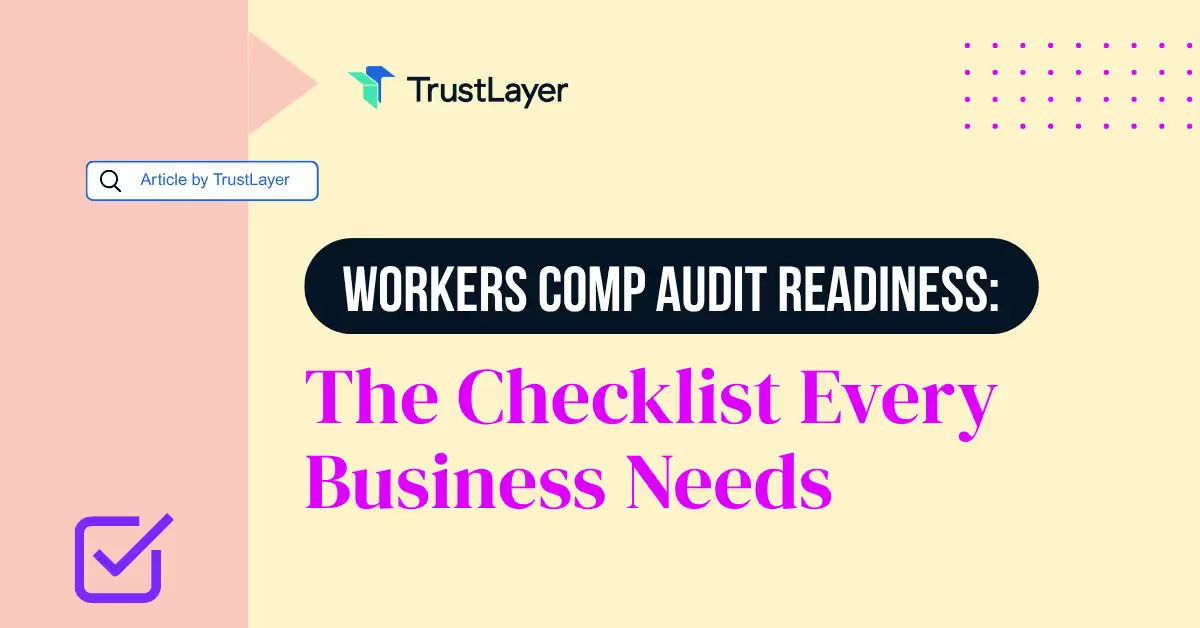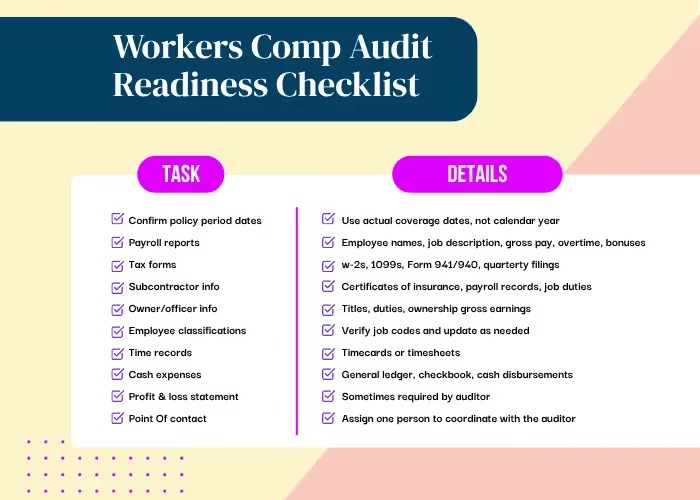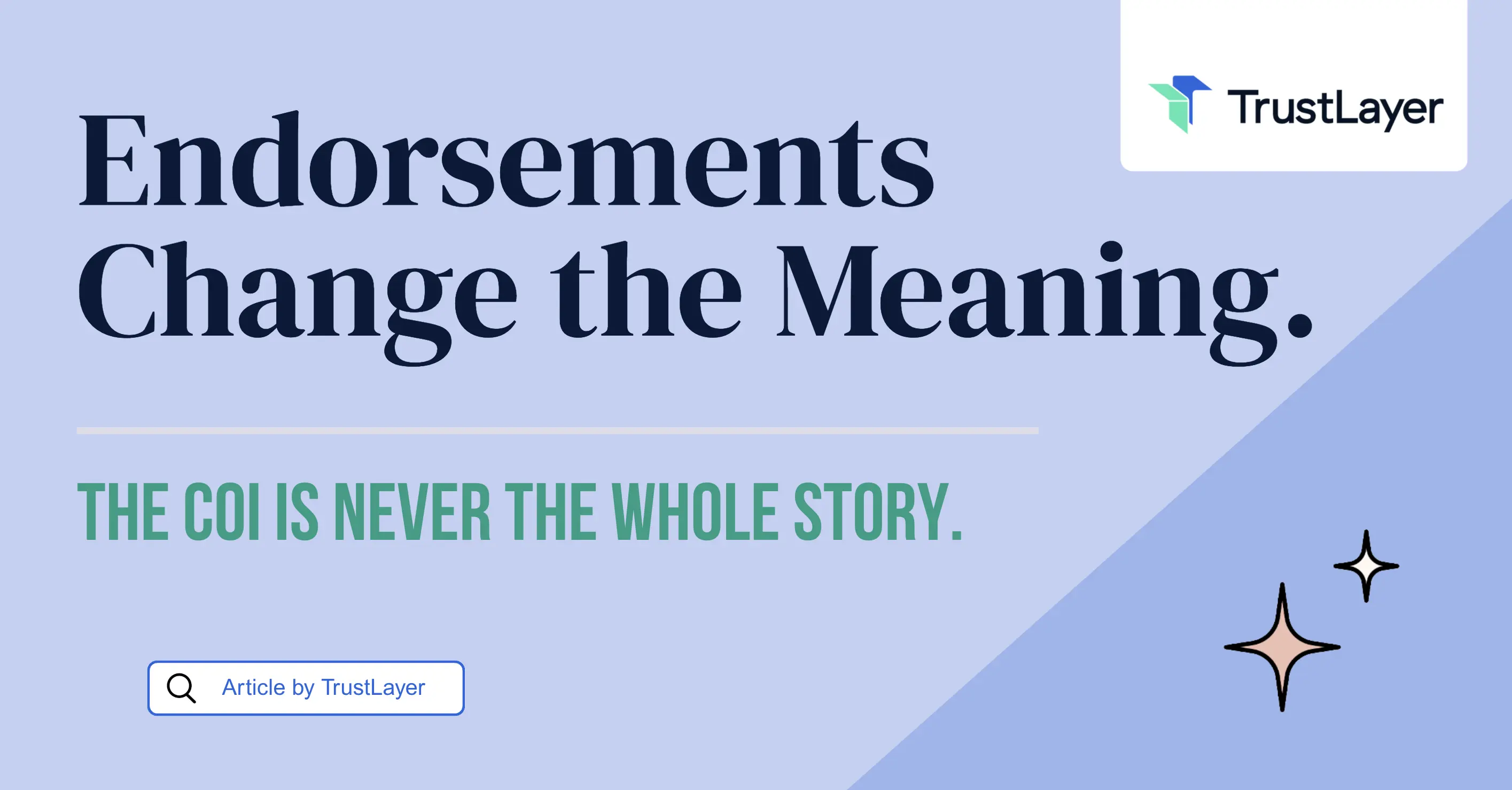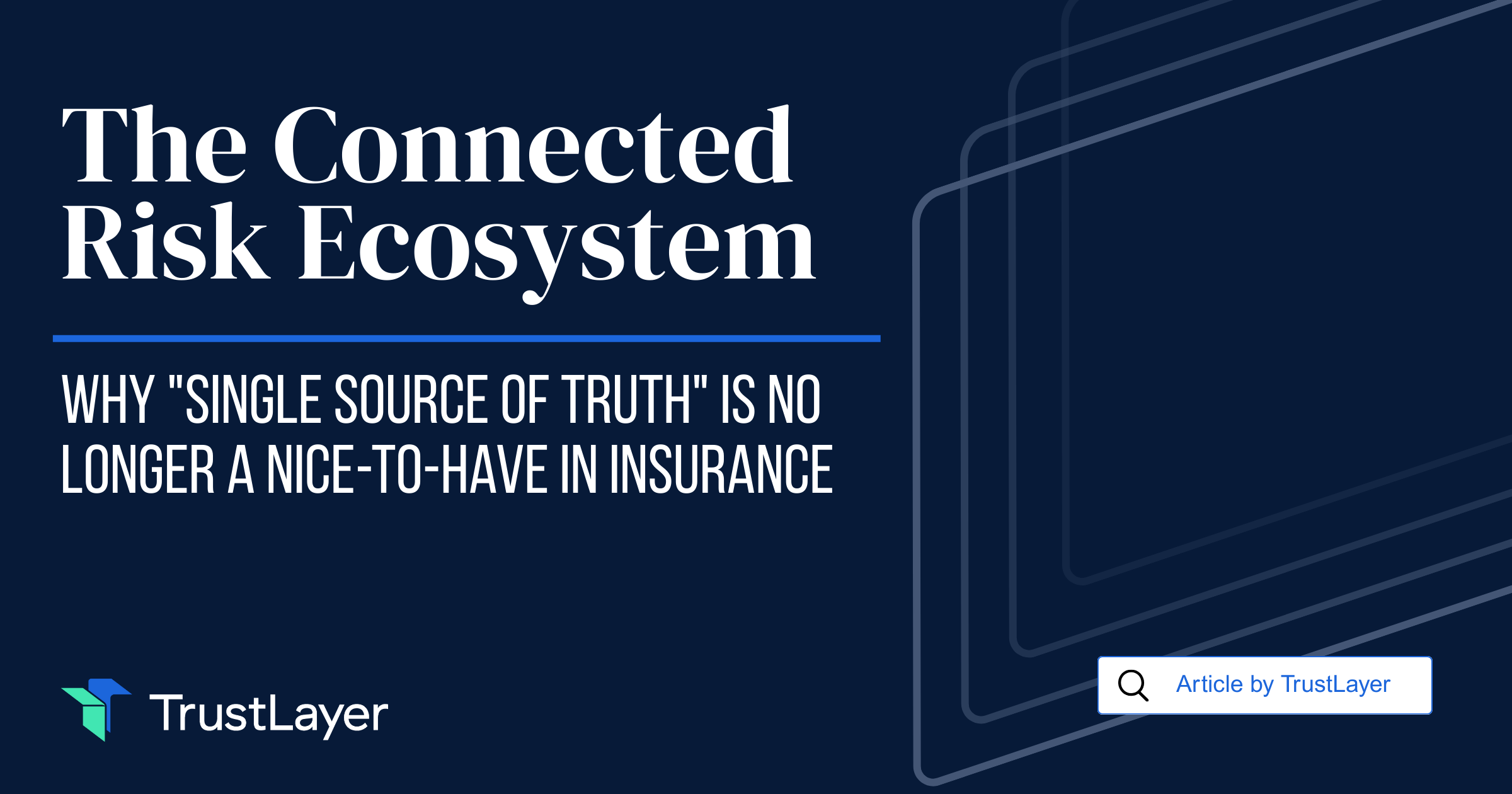Workers’ Comp Audit Readiness: Your Complete Checklist

Workers' Comp Audit Readiness: Your Complete Checklist
A workers' comp audit is a lot like tax season—you know it’s coming, you know it matters, and you know being unprepared will cost you.
Auditors review your estimated payroll, classifications, and subcontractor risk against actuals. If your documentation’s incomplete, they’ll assume the worst—and charge you for it.
Here’s how to get (and stay) audit-ready.
When Workers' Comp Audits Happen
- Annual audits: After your policy term ends.
- Mid-term audits: If payroll or operations change significantly.
- Special audits: Triggered when insurers suspect missing or misclassified data.
When the carrier calls, don’t delay—schedule immediately and start pulling your files.
What You’ll Need to Prepare
A clean audit packet usually includes:
- Payroll reports include employee names, job descriptions, wages, overtime, and bonuses.
- Federal & state tax filings: W-2s, 1099s, Form 941, Form 940.
- Certificates of insurance: for all subcontractors (no proof = payroll).
- Employee lists: job titles, classifications, and states worked.
- Timecards/timesheets: if available, to verify hours worked.
- Owner/officer info: titles, ownership %, exemptions.
- Payment records: checkbook, general ledger, and cash expenses.
- Profit & loss statement: may be requested by the auditor.
Workers' Comp Audit Readiness Checklist

How to Make the Audit Easier
- Be proactive: Don’t wait for the audit notice to get organized.
- Stay consistent: Keep documentation current year-round.
- Centralize communication: Assign one person as the auditor’s point of contact.
- Engage actively: Answer questions clearly and review findings before they’re final.
Auditors who see order move fast. Auditors who see chaos dig deeper.
FAQ: Workers' Comp Audits
Q: What happens if I fail a workers' comp audit?
Expect premium surcharges, canceled coverage, or issues with renewals.
Q: Can I dispute the audit’s outcome?
Yes. Request the audit worksheets and provide supporting documents to substantiate your case.
Q: How long should I keep audit records?
Three to five years is the standard timeframe, especially for payroll and subcontractor COIs.
Q: If a subcontractor doesn’t have a COI, are they added to payroll?
Yes. Without proof of coverage, they’re treated as your employees.
Final Word
Audit readiness isn’t just a compliance box to check—it’s a way to protect your business from unnecessary costs. A few organized systems and proactive habits can save thousands in premiums.
👉 Schedule a demo to learn how TrustLayer keeps your audits clean, compliant, and stress-free.
















